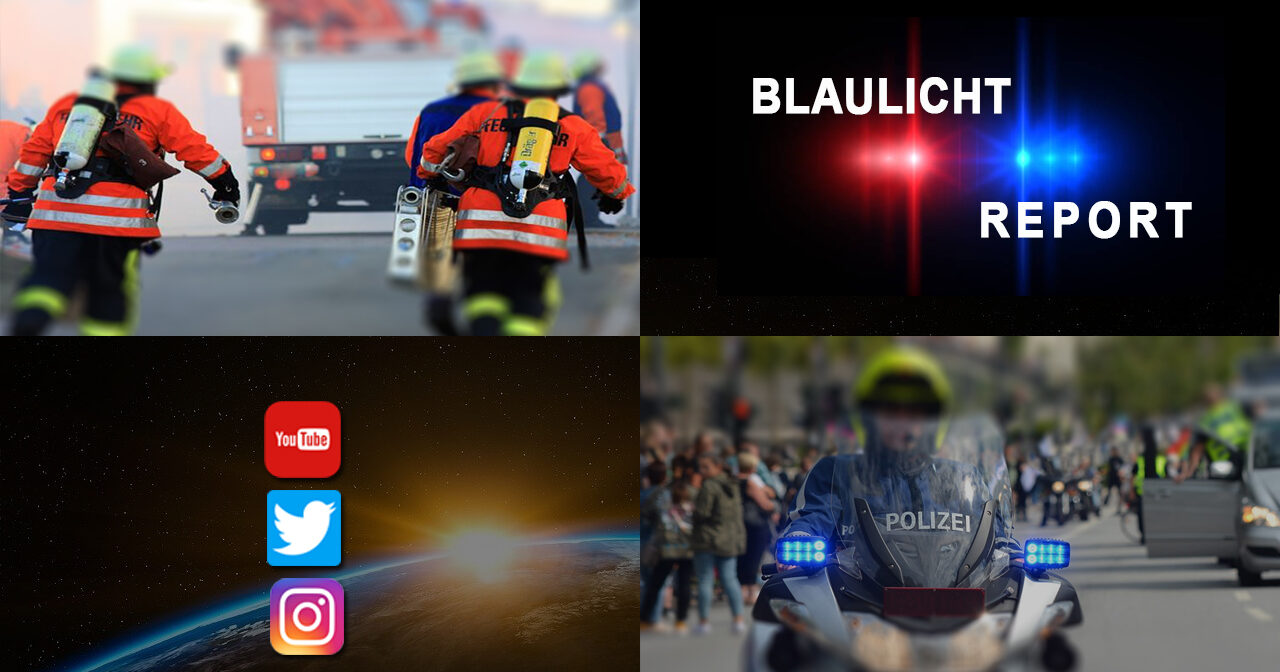
Emergency Communication – Why Reliable Mobile Connectivity Matters
The Importance of Emergency Communication
In critical situations, reliable mobile connectivity can save lives. Whether during natural disasters, accidents, or security threats, immediate access to communication networks is essential. Emergency services, rescue teams, and individuals depend on seamless mobile connections to coordinate and respond effectively.
Challenges in Emergency Communication
During emergencies, mobile networks often become overloaded or fail due to infrastructure damage. This can lead to delays in response times and miscommunication. Poor connectivity can hinder rescue operations, leaving victims without help when they need it most.
How Reliable Mobile Connectivity Saves Lives
A stable mobile network ensures rapid coordination among first responders. It allows authorities to provide real-time updates, share evacuation routes, and guide people to safety. Reliable connectivity helps medical teams communicate with hospitals, ensuring efficient patient care during crises.
The Role of 5G in Emergency Communication
Yesim app
10% on the first purchase – click here. !
5G technology enhances emergency response efforts by providing faster data transmission and lower latency. It enables real-time video streaming, remote medical assistance, and better tracking of rescue teams. Advanced mobile connectivity improves disaster preparedness and crisis management.
Solutions for Better Emergency Connectivity
Governments and telecom providers must invest in resilient mobile networks. Satellite communication, portable cell towers, and emergency Wi-Fi hotspots can support connectivity during disasters. Backup power solutions also help maintain network availability when the electricity grid fails.
Conclusion
Reliable mobile connectivity is crucial for effective emergency communication. It ensures faster response times, better coordination, and improved public safety. Investing in advanced mobile technology can save lives and minimize disaster impacts.
**Keywords:** emergency communication, mobile connectivity, reliable network, 5G technology, disaster response, emergency services, crisis management
